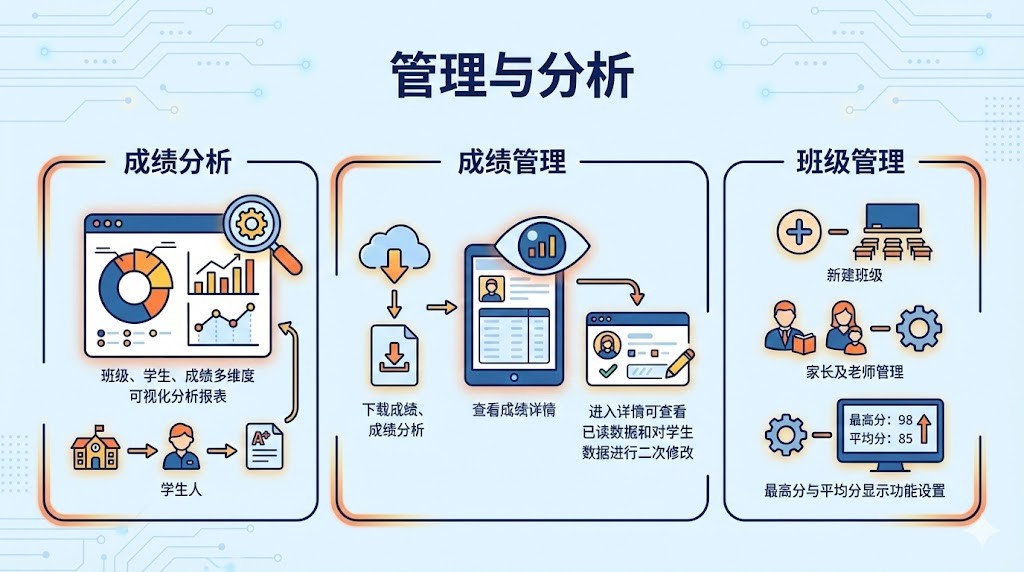By+Deng+Yaqing
Returning from a stint as a visiting scholar at Cambridge University, Wang Shi, the 63-year-old heavyweight in Chinas real estate world, didnt change his straightforward style of communication.
“People can no longer expect to be laughing all the way to the bank simply by purchasing properties, and the mushroom growth of Chinas housing market will begin to slow down,” said Wang, Chairman of Vanke, the largest real estate developer in the country, in an interview with Caixin website.
His prediction has now been echoed by the home sales during the May Day holiday(May 1-3), usually deemed as a selling season for real estate.
The wave of real estate price cuts has gradually swept from cities like Hangzhou of east Chinas Zhejiang Province and Changzhou of east Chinas Jiangsu Province to metropolises without excessive inventory, such as Beijing, Shanghai and Guangzhou.
According to statistics provided by the Hong Kong-based property agency Centaline Group, home sales in the 54 monitored cities reached 9,887 during the holiday, down 32.5 percent from 14,642 in 2013. Of them, four first-tier cities, including Beijing, Shanghai, and Shenzhen and Guangzhou of Guangdong Province, sold 1,046 homes, a decrease of 40 percent year on year, and second-tier cities also witnessed a slump of as much as 35 percent.
Zhang Dawei, an analyst from Centaline Group, said that it was the consumer rather than the real estate developer that called the shots now, for an array of factors had changed the equation between supply and demand, and some developers had chosen to jack up sales by keeping down margins.
Causes
Data from the National Bureau of Statistics(NBS) show that, in the first quarter, real estate investment was 1.53 trillion yuan($244.95 billion yuan), up 16.8 percent year on year, the lowest level in recent years. Meanwhile, income from land use right sales in the first quarter reached 1.08 trillion yuan($173.41 billion), up 40.3 percent year on year, according to the Ministry of Finance.
Nie Meisheng, Honorable Chairman of the Chamber of Real Estate Commerce at All-China Federation of Industry and Commerce, noted that the high prices paid by real estate developers to grab lands and the decline in investment have dragged down capital turnover, and intensified the financing pressure developers face.
In addition, banks have also begun to slash loans issued to real estate enterprises and housing loans issued to individual buyers. In this way, greater pressures on the capital chain have forced some developers to offer bargains.endprint
Mao Daqing, Vice President of Vanke, said Chinas real estate market has become more complicated since entering 2014. The excessive land supply in some second- and third-tier cities like Shenyang and Yingkou of northeast Chinas Liaoning Province, and Tangshan of north Chinas Hebei Province, has overdrawn their local purchasing power and marketing capacity. In first-tier cities, the dramatic rise of land price in 2013 has overdrawn the room for housing prices to go up further.
Deng Yusong, an expert from the Development Research Center of the State Council, suggested that multiple points of view should be taken into account when considering price cuts in first-tier cities like Beijing. As housing prices in Beijing have continued to climb at a fast pace for the past few years, its now time to cool down. More importantly, the slowdown of real estate trading volume implies that factors propelling prices to go up may have changed.
The falling back of housing prices doesnt come as a surprise, argued Deng. First of all, the number of consumers with purchasing power has been greatly contracted by the shooting up of housing prices. The current control policies have also increased the cost for second homebuyers who make up two thirds of the total demand. In addition, banks are less keen to do business with real estate developers and homebuyers.
Zhu Zhongyi, Vice President of China Real Estate Association, believed Chinas real estate market is experiencing a period of gear shifting, structural adjustment and policy perfection. The market will head for rational and steady growth in the future, and the government will focus more on long-term market viability when releasing regulatory policies.
Effects
The deceleration in the real estate sector dragged down at least 0.7 percent of the growth of fixed assets investment in the first quarter, said NBS spokesman Sheng Laiyun when releasing first-quarter economic figures at a press conference on April 16.
Since the real estate industry involves an extensive industrial chain, its current slowdown will undoubtedly intensify downward pressures on the economy.
In some regions, housing prices have dropped remarkably and caused a cluster of systematic risks, resulting in local economies being caught in a vicious circle. Take Yuyao, a county-level city in Zhejiang for example. Since most local enterprises have had a finger in the real estate pie, the fact that the prices of some high-end houses fell by 40 percent has caused its real economy to be dragged to the brink of an abyss.endprint
For this reason, local governments have shown an intention to bail out the housing market by relaxing regulation and control, taking measures such as reducing limits on property purchase and loan issuance, unveiling housing subsidies and encouraging rural populations to settle down in urban areas.
On the other side of the equation, the structural adjustment will help the macro-economy to smoothly release financial risks.
Xiang Zheng, a financial commentator, held that the excessive concentration of social funds on the housing market had severely bled the real economy. Exorbitant housing prices have hampered the formation of social capital, damped the enthusiasm to spend and invest in the industrial sector, and at the same time, undermined entrepreneurship and fermented speculation. The current slowdown may propel social funds to flow back to the industrial sector, shielding the real economy from the possible destructive effects brought about by a sudden collapse in housing prices.
In addition, local governments should keep a sober mind in the face of falling housing prices. “They will pay a heavy price if attempts are made to forcibly pull the housing market out of the mire. The best way is to comply with the law of the market and reduce the shocks as much as possible,” said Xiang.endprint
此文由 中国教育导报-高中编辑,未经允许不得转载!: 中国教育导报 > 高中 » The End of Snapping Up?








